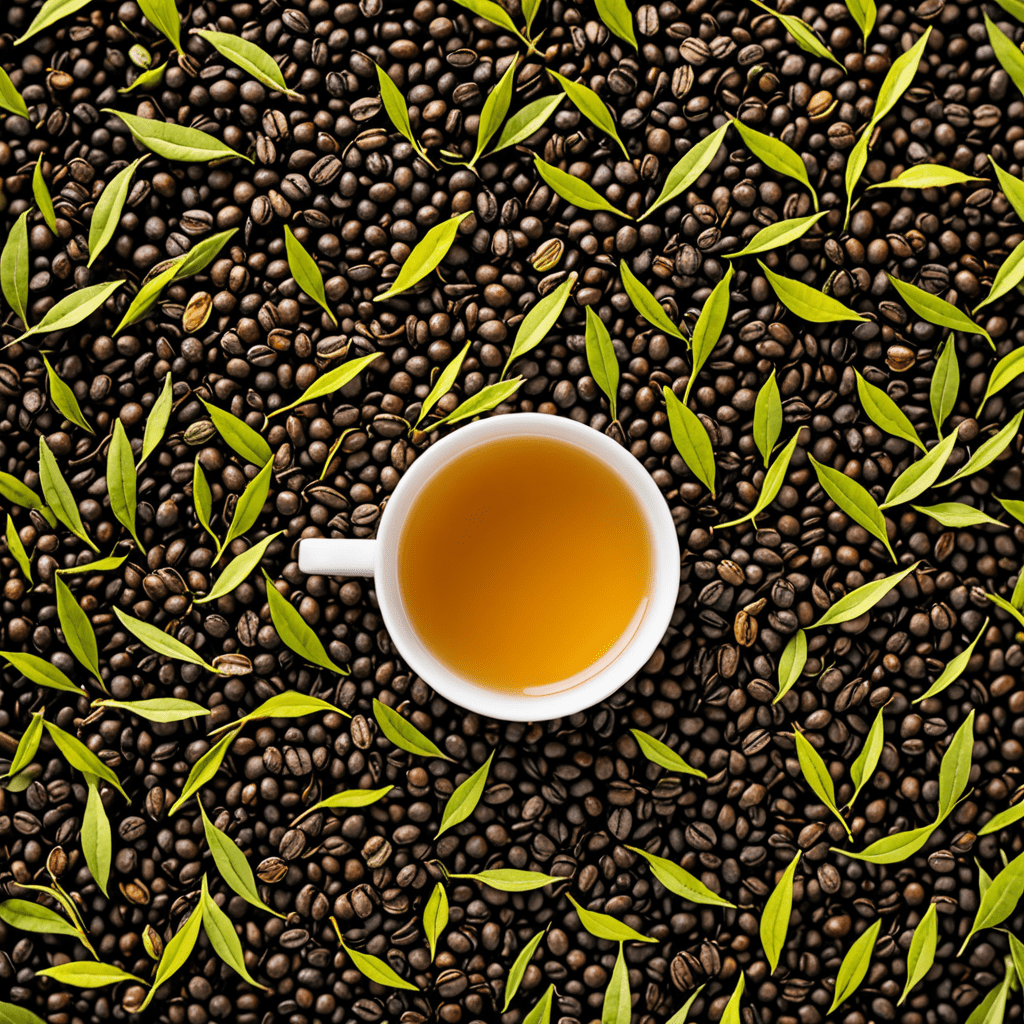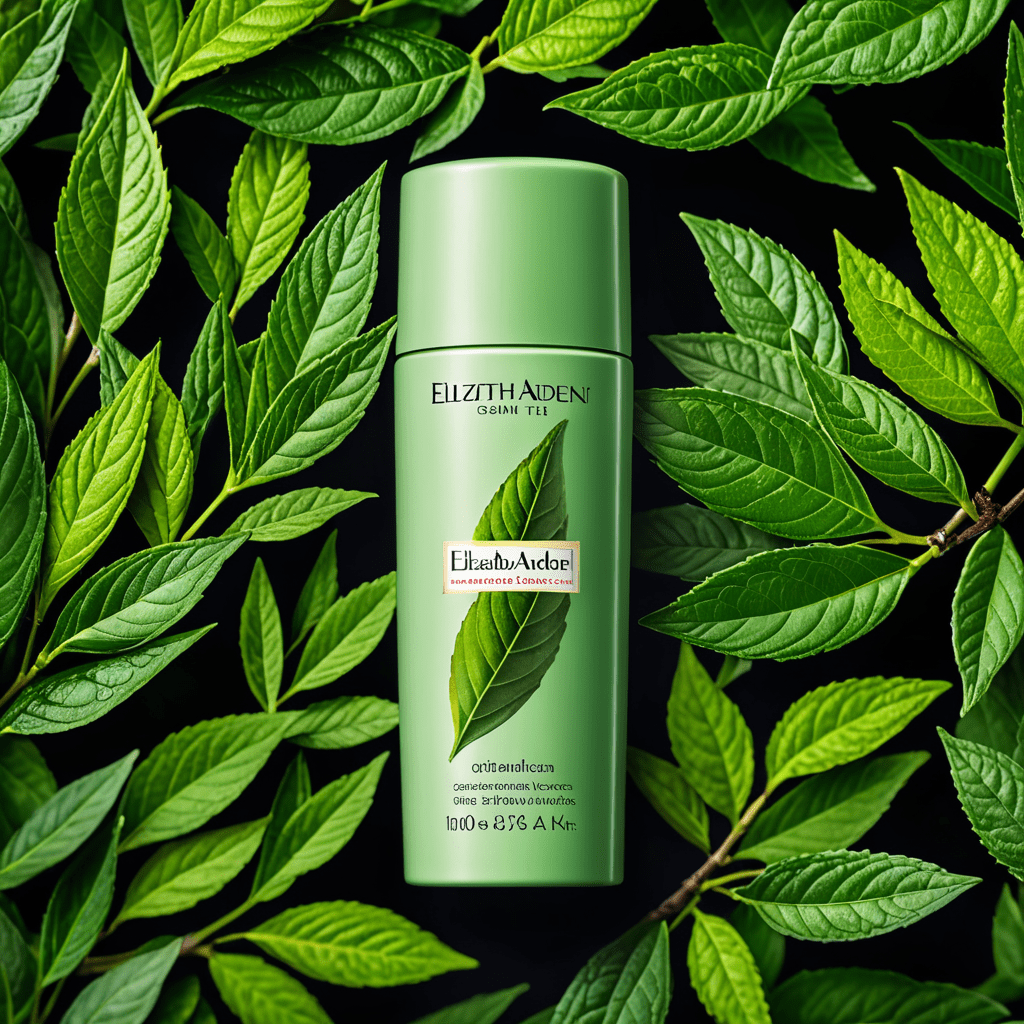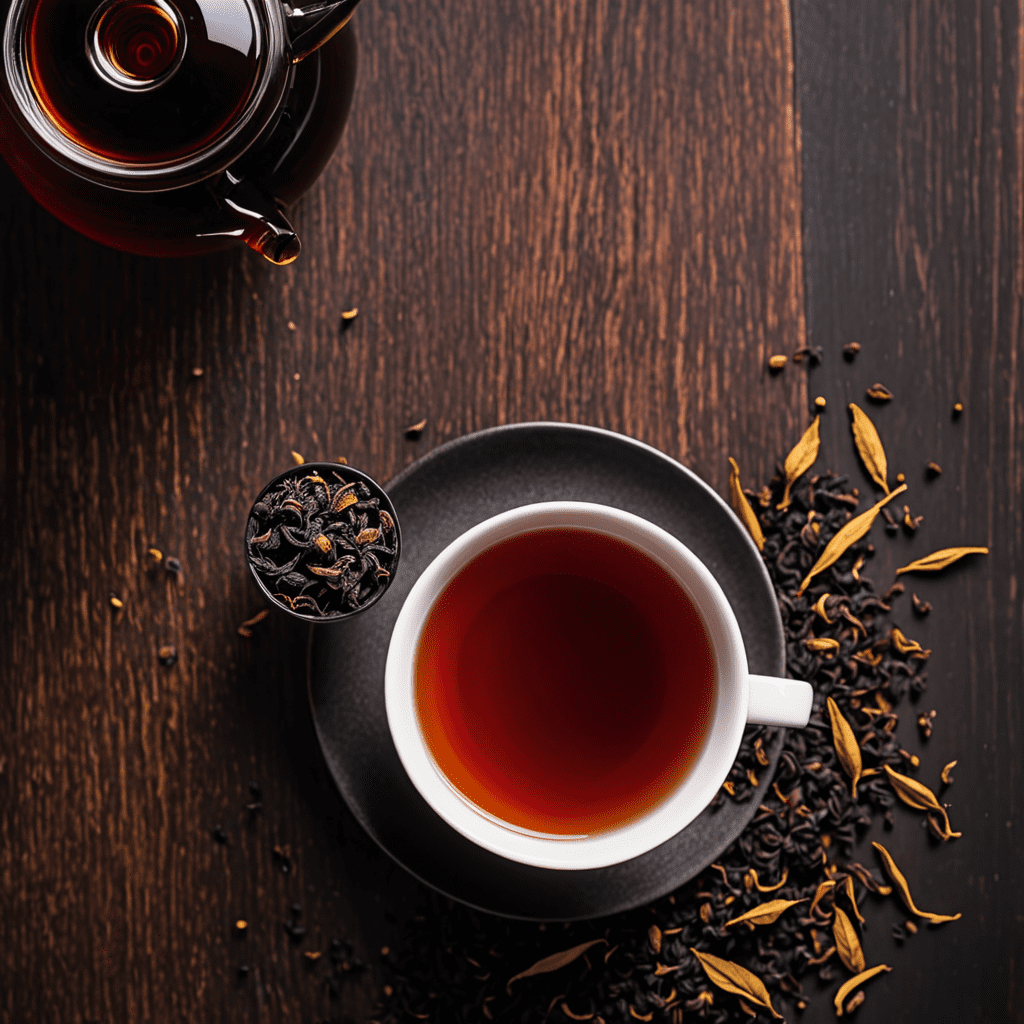
Caffeine Content Comparison: Unveiling the Buzz in Green Tea and Black Tea
When it comes to the world of tea, the debate on the caffeine content in green tea versus black tea often takes center stage. Understanding the caffeine levels in these beloved brews is essential for tea enthusiasts and novices alike. Let’s unravel the caffeine mystery and compare the buzz in green tea and black tea.
The Basics of Caffeine
Caffeine is a naturally occurring stimulant found in various plants, including tea leaves. Its stimulating effects make it a sought-after component in many beverages. The caffeine content in tea is influenced by factors such as the type of tea, brewing method, and steeping time.
Green Tea: Caffeine Composition
Green tea typically contains lower levels of caffeine compared to black tea. On average, a cup of green tea may contain around 20-45 milligrams of caffeine, although this can vary based on factors such as the type of green tea and brewing technique.
Black Tea: Caffeine Composition
Black tea, known for its robust flavor and dark hue, tends to have a higher caffeine content in comparison to green tea. A standard cup of black tea could contain approximately 40-70 milligrams of caffeine, again subject to variations based on factors like tea variety and brewing process.
Distinguishing Factors in Caffeine Levels
Several factors contribute to the variation in caffeine content between green tea and black tea. These factors include the tea plant variety, growing conditions, harvesting time, and processing techniques. Additionally, the size of the tea leaves and the duration and temperature of steeping can impact caffeine levels in the brewed tea.
Conclusion
While both green tea and black tea offer unique flavor profiles and health benefits, they differ in their caffeine content. Green tea generally provides a milder caffeine boost, making it a popular choice for those seeking a gentler stimulant effect. On the other hand, black tea offers a stronger caffeine kick, catering to individuals in need of a more robust pick-me-up. Understanding these distinctions empowers tea enthusiasts to make informed choices based on their preferences and caffeine tolerance levels.
FAQ
Q: Can decaffeinated versions of green and black tea be an alternative for those looking to reduce their caffeine intake?
A: Yes, decaffeinated green and black teas are available, offering a lower caffeine option without compromising the tea’s natural flavor and potential health benefits.

